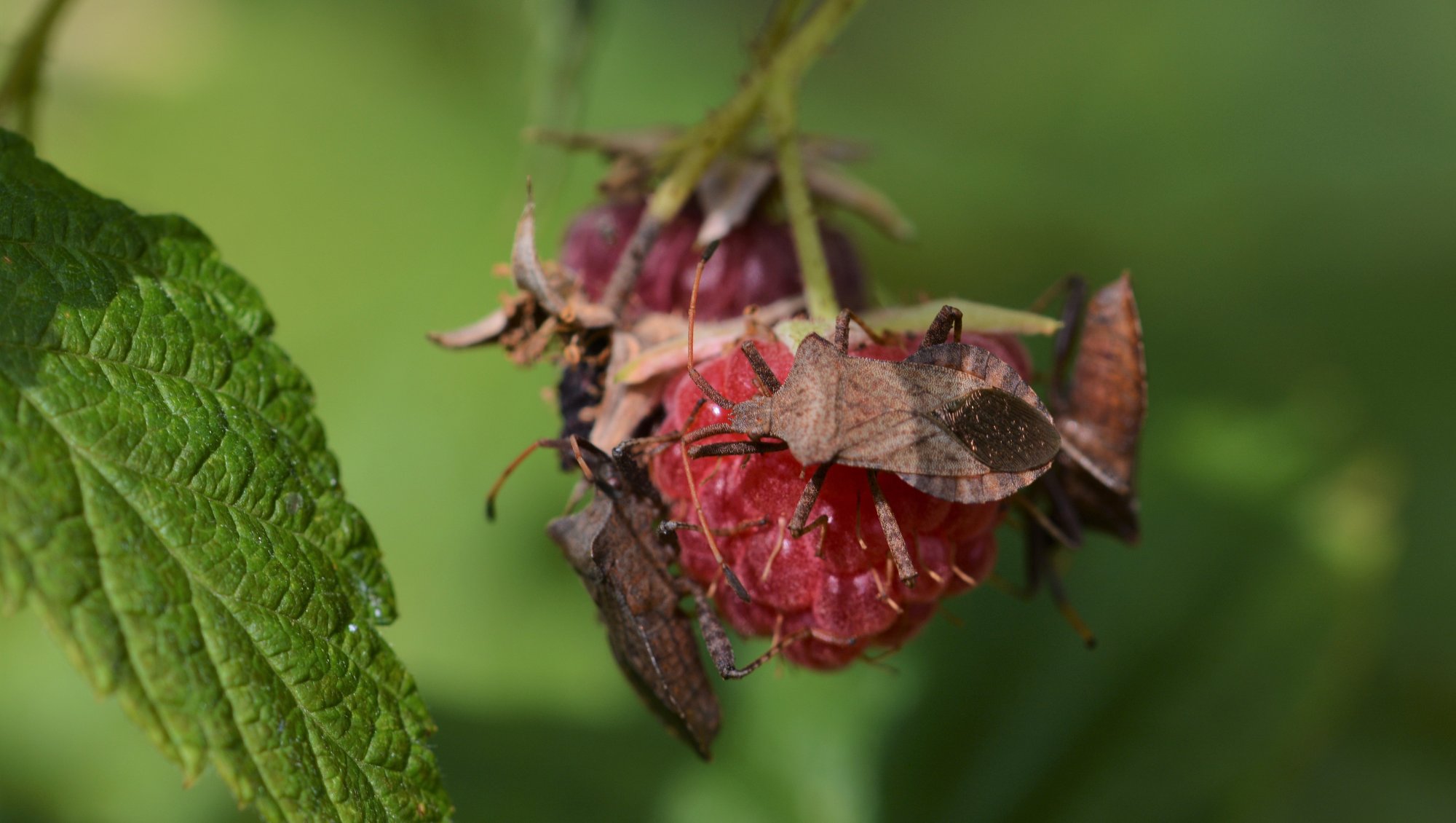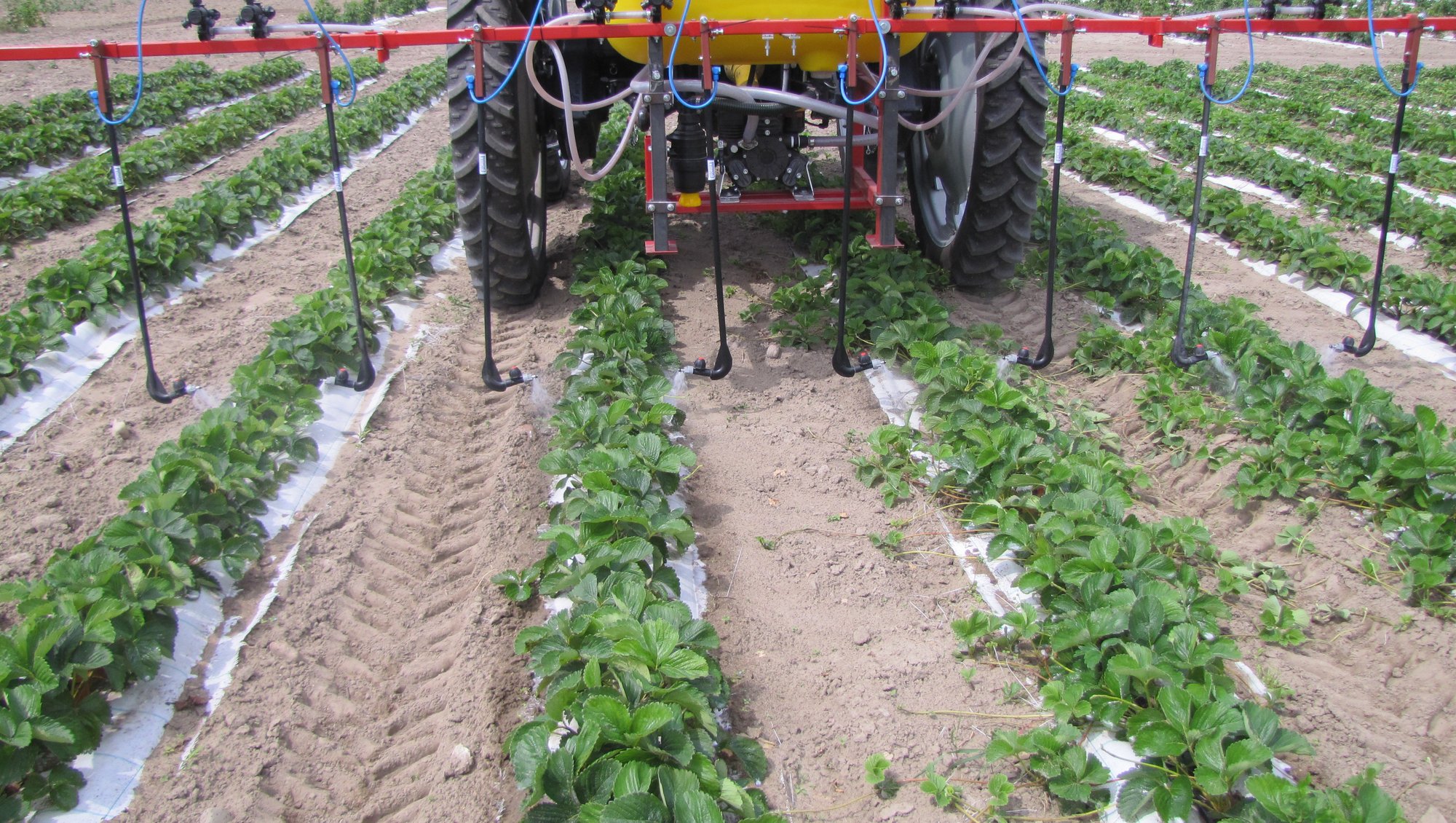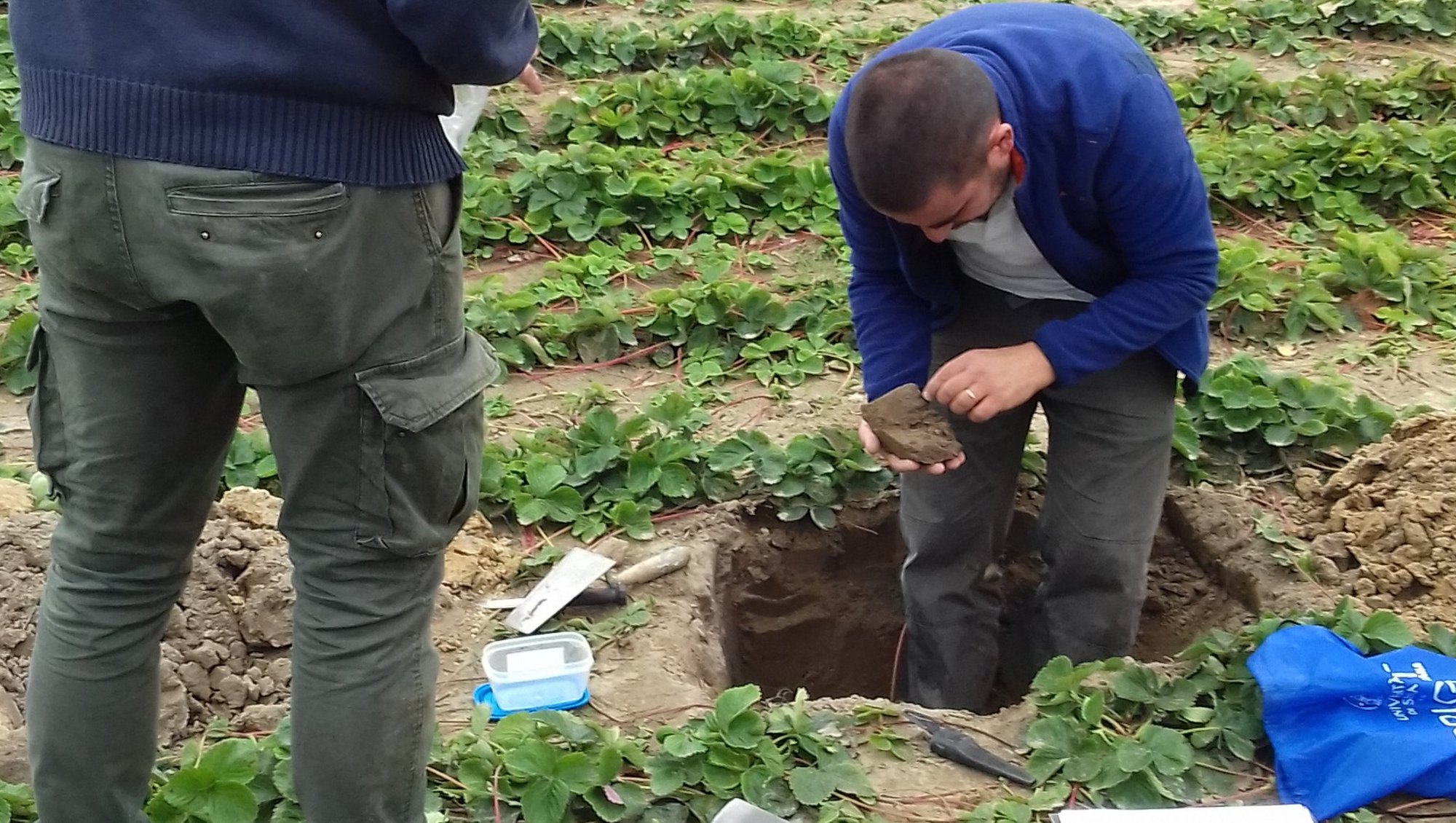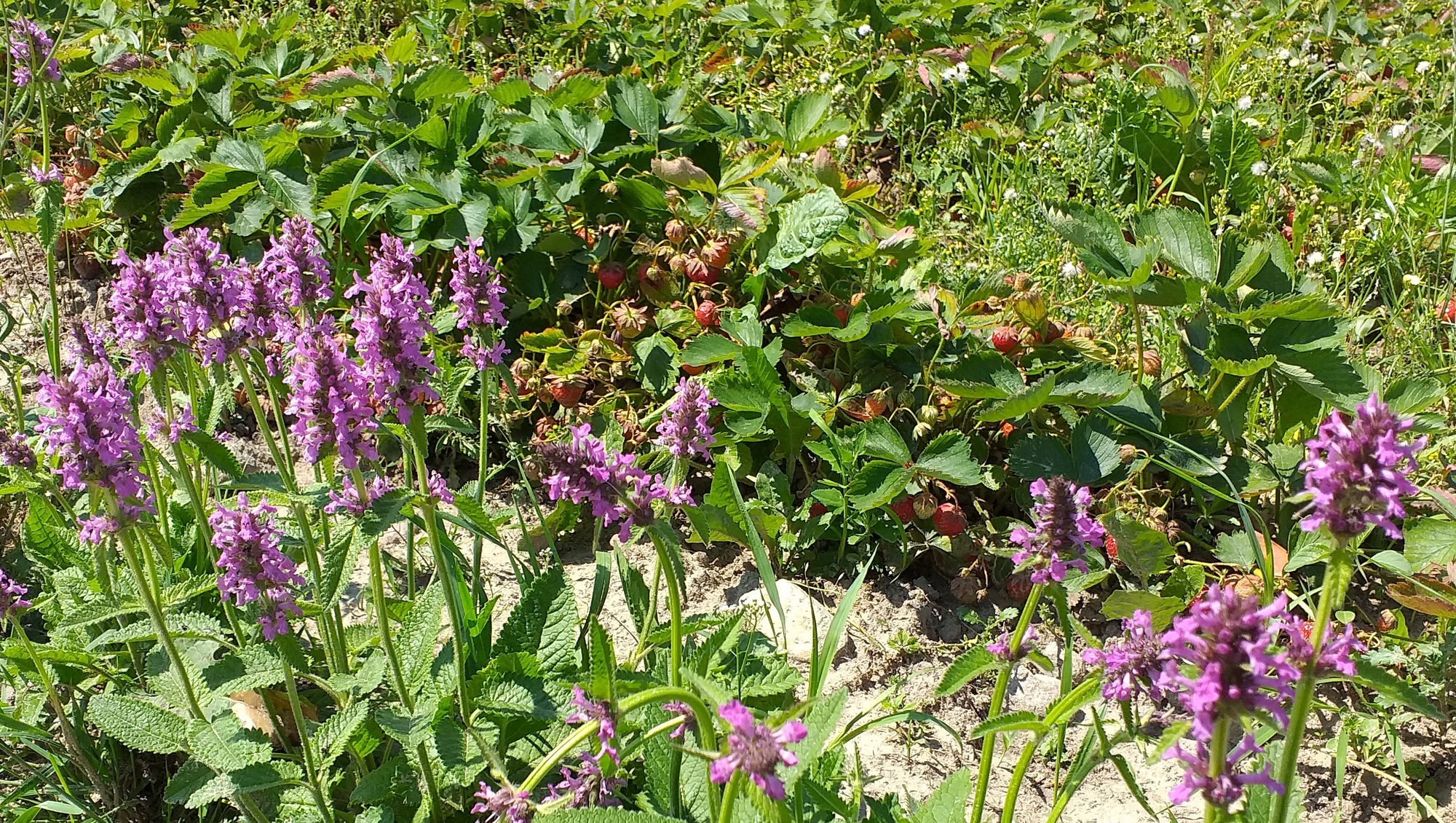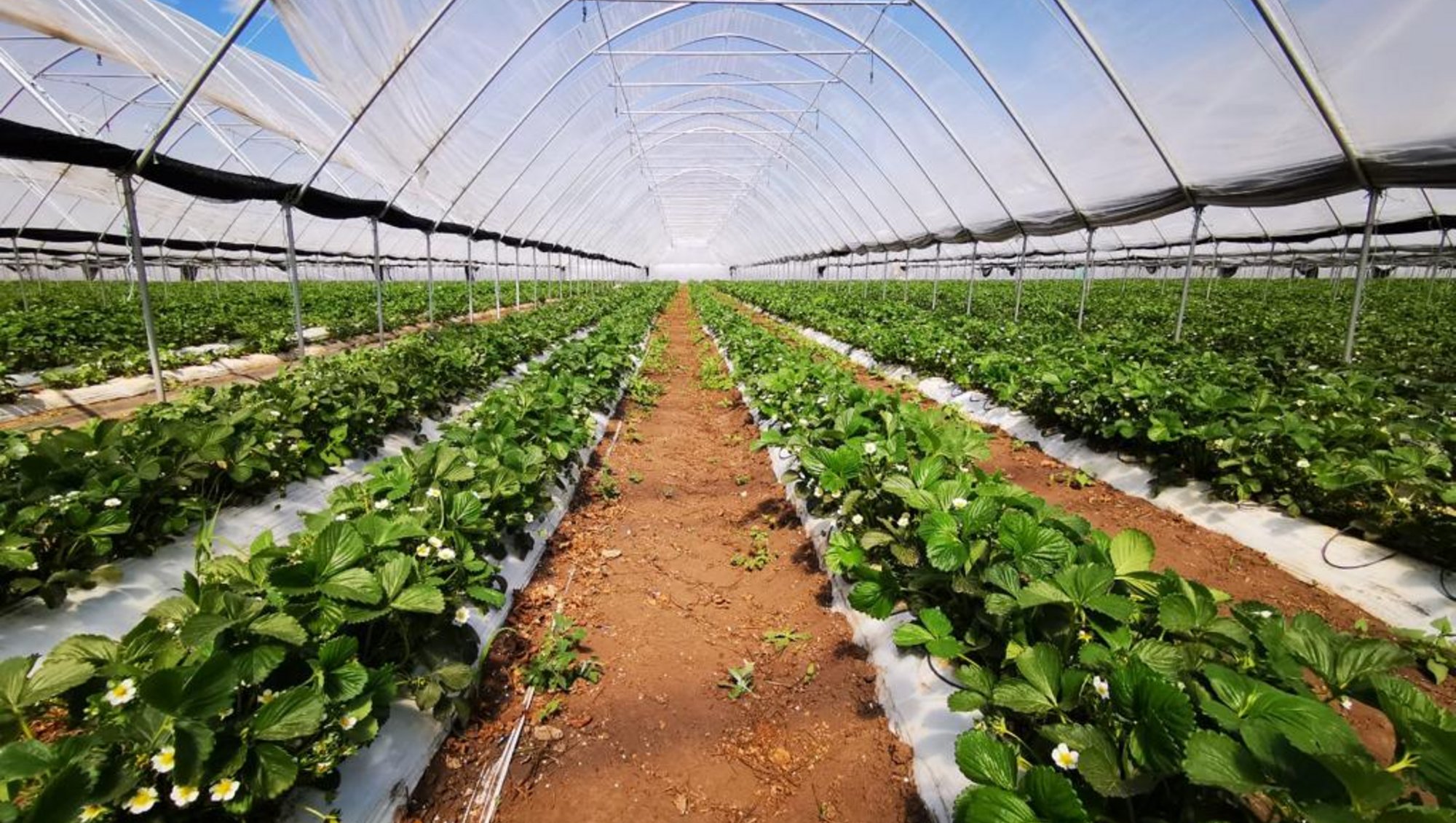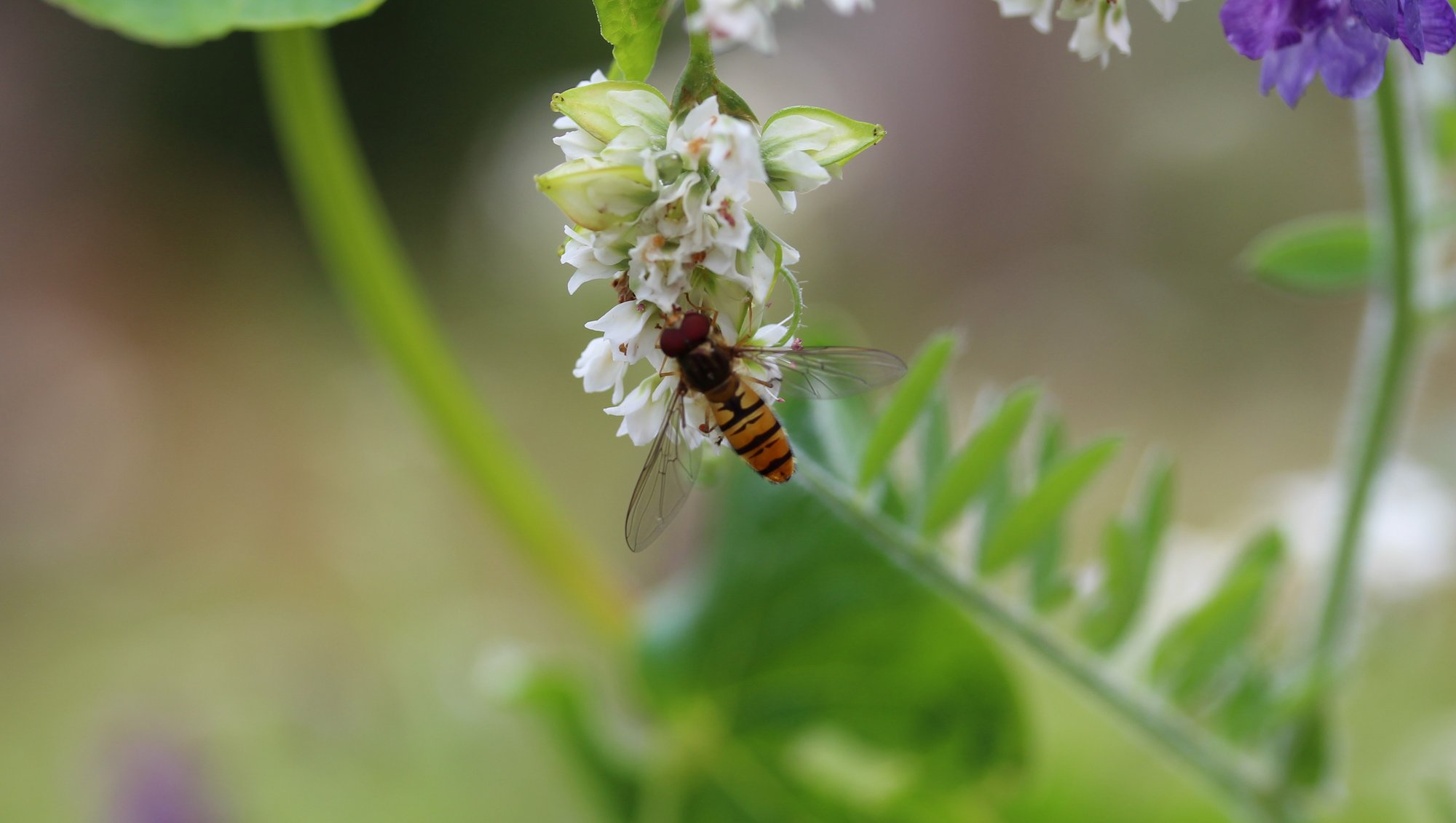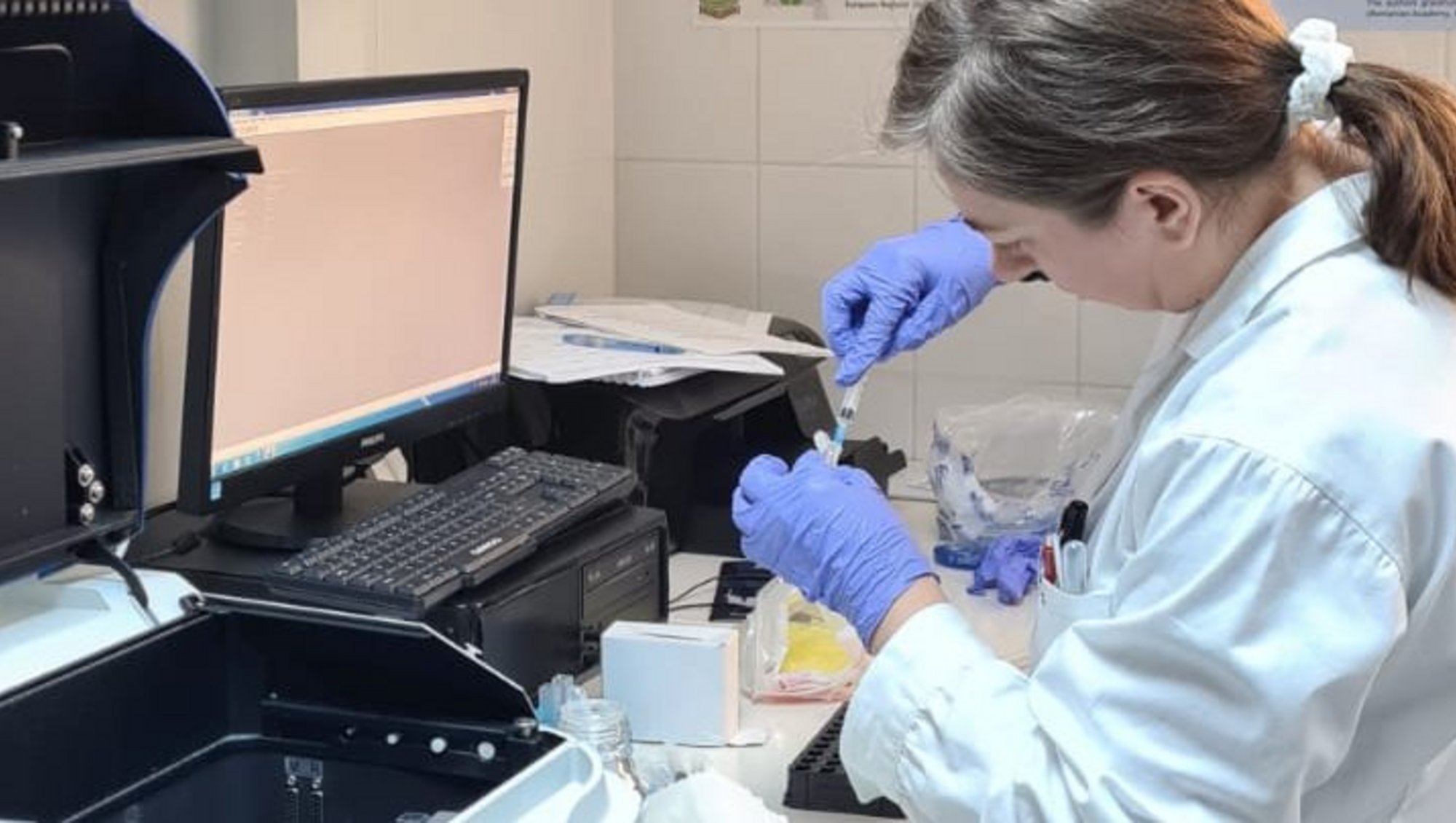ResBerry
Resilient organic berry cropping systems through enhanced biodiversity and innovative management strategies
Consumer demands for organic berries had an amazing ascending trend in the last decades. At the same time, organic berries are often negatively impacted by different pests and diseases including new invasive pests, despite the availability of resistant berry varieties. Moreover, the potential of agroecological measurements in berry cropping systems like enhancing functional diversity using flower strips, polyculture trap plants and cover plants to reduce pests’ damages and improve soil characteristics are not fully exploited yet. Accordingly, there is a stringent need of support for robust and resilient organic berry production systems coming from berry producers, especially for aspects related to pest control.
Aim
ResBerry aims to enhance above- and belowground biodiversity in European organic berry orchards in order to increase resilience of berries against major pests and diseases. This will be achieved by increasing plant diversity (via flower strips, trap plants, cover crops), enhancing soil microbial diversity and organizing demonstration plots for innovative pest control strategies. The project investigations will take place in Denmark, Germany, Romania, Poland, Morocco.
The project step by step
ResBerry wants to:
- provide habitat management tools for berry crops as a preventive approach to increase crop resilience, by applying innovative training systems, enhancing functional diversity using flower strips, polyculture trap plants and cover plants to reduce pests’ damages
- enhance soil microbial diversity and to enrich bio-fertilizers with Phytophthora antagonistic bacteria for disease control in strawberries and raspberries
- develop novel soil application technologies for microbial enriched liquid bio-fertilizers
- raise awareness among farmers for using innovative and biological control strategies for pests like the harmful insect spotted wing drosophila or the fungal pathogen grey mould
- evaluate the implications of these measures on yield and nutritional quality of berries and tackle the consumers’ expectations and evaluation regarding proposed measures.
News from the project
Preventive approaches to increase the resilience in organic berry production
Enhancing biodiversity and berry production quality through organic farming practices
New intensive and sustainable methods for organic production of berries
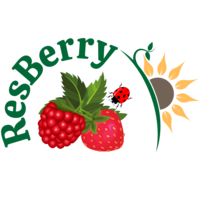
Coordinator & Partners
Coordinator
Annette Reineke, Geisenheim University, Germany, annette.reineke@hs-gm.de
Partners
- Daniel Pleissner, Institute for Food and Environmental Research, Germany, daniel.pleissner@ilu-ev.de - Follow Daniel Pleissner on twitter: @FurLebensmittel
- Oana-Crina Bujor-Nenita, University of Agronomic Sciences and Veterinary Medicine of Bucharest, Romania, oana.bujor@qlab.usamv.ro
- Rachid Lahlali, National School of Agriculture of Meknes, Morocco, rlahlali@enameknes.ac.ma
- Abdelali Blenzar, University of Moulay Ismail, Morocco, ablenzar@yahoo.fr
- Lene Sigsgaard, University of Copenhagen, Denmark, les@plen.ku.dk
- Grzegorz Doruchowski, The National Institute of Horticultural Research, Poland, grzegorz.doruchowski@inhort.pl
- Bogdan Mihalcea, Cooperativa Agricola Rodagria Produce, Romania, bogdan@rodagria.com
Funding institutions
- Federal Ministry of Food and Agriculture (BMEL), Germany; The Executive Agency for Financing Higher Education, Research, Development and Innovation (UEFISCDI), Romania; The Ministry of Higher Education, Scientific Research and Innovation (MESRSI), Morocco; Green Development and Demonstration Programme (GUDP), The Ministry of Food, Agriculture and Fisheries of Denmark, Denmark; The National Centre for Research and Development (NCBR), Poland

